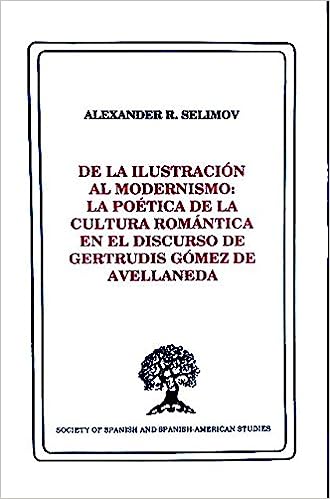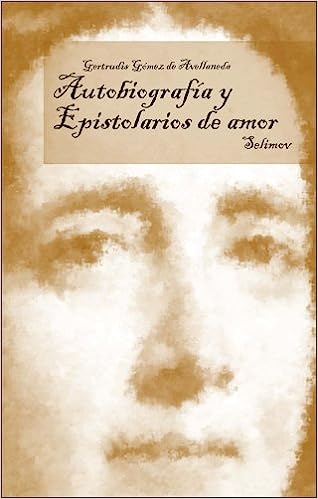Alexander Selimov has written three fine books of poetry, Ventanas a otros cuerpos (published by the prestigious press, Verbum), Post-Factum, and Desafío y otros poemas. I was especially impressed with the poems of the first collection. This is beautiful poetry. I was struck by lines like “Me resigno a renacer en mí” (I am resigned to being reborn in myself) and “No cuento con la permanencia” (I’m not counting on permanence) and of course the poems themselves to which these lines belong. “No cuento con la permanencia” is one of the loveliest poems in the book, for its near Machadian brevity and depth. And anyone who can be compared to Antonio Machado, one of the great poets in any language, is no slouch. Professor Selimov’s use of irony and humor is especially notable in the second book.
Desafío
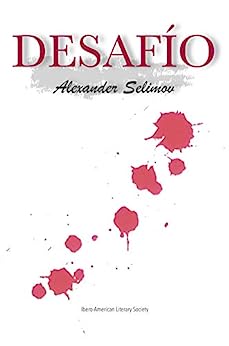
Buy it Now
Post-factum (Poéticas nº 12)

Buy it Now
Derroteros de la memoria. Pelayo y Egilona en el teatro ilustrado y romántico
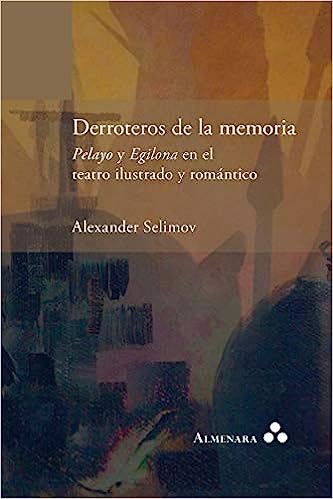
Buy it Now
Ventanas a Otros Cuerpos
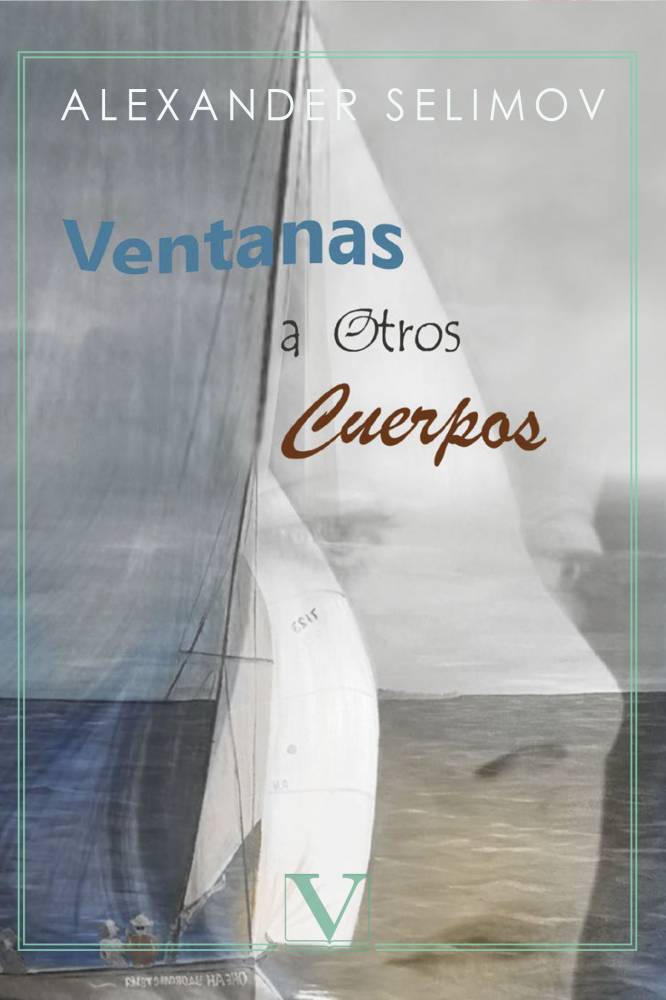
Autobiografia Y Epistolarios De Amor
de La Ilustracion Al Modernismo: La Poetica de La Cultura Romantica En El Discurso de Gertrudis Gomez de Avellaneda
